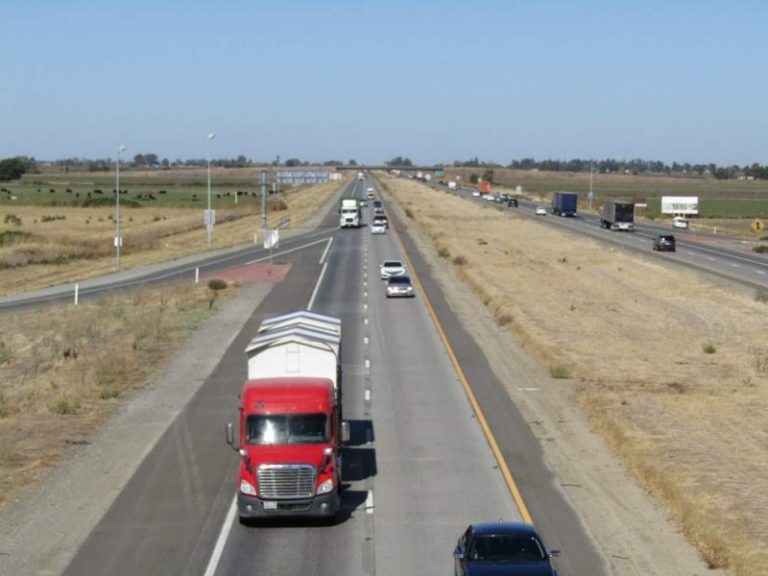What You Can Learn from Close Calls on the Road
Almost everyone has experienced a harrowing, sobering close call while driving. Those moments where you had to suddenly switch lanes or slam on the brakes, while dangerous and often terrifying, are valuable experiences and excellent wake-up calls that can help you drive safer in the future. If you’ve been fortunate enough to experience one of these risky, often terrifying situations without getting hurt in a resulting car accident, you can take steps to make sure they don’t happen again.
Cars On the Roadside
 Whether you’ve parked on the roadside or are driving past a pulled-over vehicle, it’s important that you practice extreme caution. Avoid pulling over on the highway unless it’s an emergency—if it’s necessary after all, pull over on the right shoulder as far as possible with your hazard lights on, and exit the vehicle using the right-side passenger door. While driving past stopped vehicles yourself, you should give them as wide a berth as possible, slowing down and changing lanes to ensure you don’t collide with the vehicle or pedestrians milling around it.
Whether you’ve parked on the roadside or are driving past a pulled-over vehicle, it’s important that you practice extreme caution. Avoid pulling over on the highway unless it’s an emergency—if it’s necessary after all, pull over on the right shoulder as far as possible with your hazard lights on, and exit the vehicle using the right-side passenger door. While driving past stopped vehicles yourself, you should give them as wide a berth as possible, slowing down and changing lanes to ensure you don’t collide with the vehicle or pedestrians milling around it.
Motorcycles
Many people who’ve had close calls with motorcycles can attest that they didn’t see the biker until it was almost too late. Most motorcycles strike vehicles head-on in collisions, and nearly half involve a vehicle turning left ahead of the rider, which sheds light on some of the more common causes of biker accidents. Although some of these collisions can be attributed to inattentive bikers, a great many of these are caused by drivers not noticing the rider before turning—due to their low profile and small size, it’s easy for motorcycles to end up in blindspots. As a driver, you should be vigilant and check your surroundings in full before making a turn; as a motorcyclist, you should try to maximize your visibility, yet never assume that other vehicles can see you.
Drowsy Driving
Falling asleep behind the wheel, even for a second, can be lethal, especially at high speeds. Experiencing symptoms of drowsy driving already constitutes a close call, and could lead to a disastrous accident—concerningly, however, most of these close calls aren’t accompanied by an adrenaline rush, and you might not even realize they’ve happened at all.
- Drifting from your lane.
- Missing exits or road signs.
- Yawning and blinking frequently.
- Ending up too close to other vehicles.
- Struggling to keep your eyes open or head up.
- Having difficulty recalling the past few miles of driving.
If you realize you’re starting to get drowsy, you should pull over and take a 45-minute nap. Never force yourself to keep driving, even if you’re nearly at your destination.
When Close Calls Become Arizona Accidents
Unfortunately, many “close calls” quickly become full-blown accidents. If you’ve been hurt in a collision, talking to an experienced attorney, such as those at Escamilla Law Group, can help you decide whether you’d like to pursue compensation and help clarify the legal details of your case. Contact us today at (623) 321-0566 to schedule a free consultation and discuss your options.
Law News Feed
All NewsWho Is Liable for Damages After a Truck Accident?
According to information from the National Highway Traffic Safety Association, more than 2,500 truck accidents occur each year in Arizona. It goes without sayin…
Common Injuries After a Motorcycle Accident
Motorcycle accidents kill or severely injure individuals more frequently than any other type of crash, resulting in immense amounts of suffering and financial d…

